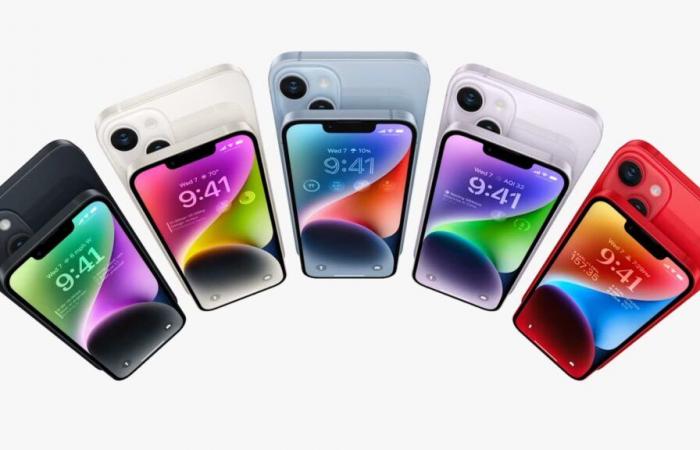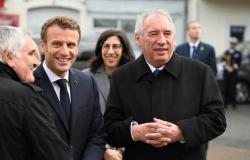A decree will ban the sale of iPhones equipped with Lightning ports, in order to harmonize charging cables. Including refurbished models.
The universal charger, here we are. After long years of threats, then an announcement at European level, the directive was finally transcribed into French law in the form of a decree which applies on December 28, 2024. From this date, all imported smartphones in the European Union and put on sale must be equipped with a USB-C port.
In fact, this measure only targets Apple, whose models prior to the iPhone 15 still have a proprietary port of the brand, called Lightning. Among them, the iPhone 14, released at the end of 2022, which is still available in Apple stores to this day. There is also the iPhone SE, the brand's “low-cost” device.
A question of import date
Concretely, these old models will not disappear overnight: sellers – Apple as well as operators – will be able to sell their stocks already imported into the European Union.
“A distributor will be able to resell a device not equipped with the USB-C port after December 28, 2024 if he himself acquired it before this date or if he proves that it was imported into the territory of the EU before this date” specifies the ANFR (National Frequency Agency), which will be responsible for enforcing this obligation, at Tech&Co.
Over the next few weeks, it is therefore likely that Apple, operators or specialist brands will sell off these stocks already built up in the European Union, before this reference becomes impossible to find in France. And this despite a still significant lifespan: iOS offering six years of updates, the iPhone 14 could function normally until 2028.
The main consequence of this directive aimed at protecting the planet could therefore be, at least in the short term, to prevent the sale of many iPhone 14s – and previous ones – including in reconditioned versions.
Refurbished also concerned
Because with Tech&Co, the ANFR confirms that this ban on iPhones more than two years old also concerns second-hand models. Concretely, all iPhones over two years old already marketed in the European Union can be sold as refurbished devices. But as for new, sellers will no longer be able to source from China or the United States to buy used iPhone 14s, as many do currently.
“The criterion is too restrictive, we will dry up the reconditioned market. If these products can no longer be marketed, it is counterproductive for purchasing power and for the planet” regrets MP Eric Bothorel, very active on questions related to digital, from Tech&Co.
Questioned by Tech&Co, the company Back Market, which offers a marketplace connecting Internet users and suppliers of reconditioned mobiles, nevertheless explains that it is “rejoicing” at this development.
Still speaking to Tech&Co, a refurbished industry executive explains that this constraint should in fact apply to Back Market, whose partners supplying refurbished mobiles largely source from outside the European Union.
But the latter expects limited means of control from the ANFR. To prove fraud, the public establishment should order suspect iPhones, then better ask the supplier to prove that it actually had a first life within the European Union. Asked about the nature and frequency of the controls that will be put in place, the ANFR has not yet responded.






